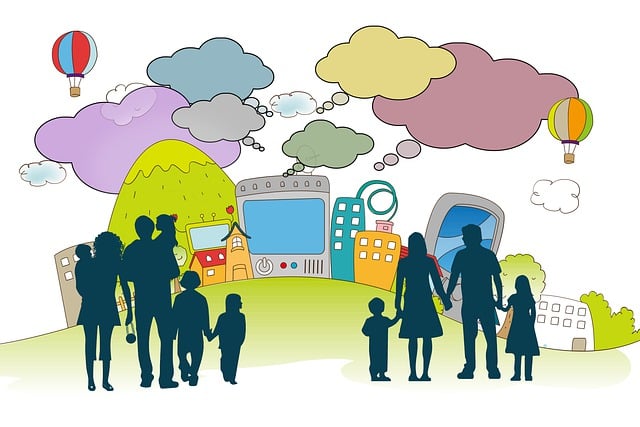In an era of heightened climate change awareness, a recent GlobeScan study indicates a significant global shift in attitudes towards parenthood, with 40% of individuals worldwide expressing hesitation due to environmental concerns. Notable percentages in South Korea, Hong Kong, India, and Thailand underline the impact in specific Asian regions. This article explores the intricate link between climate anxiety and family planning decisions, delving into global trends, Indonesia's unique stance, and escalating climate concern levels identified by GlobeScan.

Climate change awareness has reached unprecedented levels, with two-thirds of the world's population acknowledging it as a pressing concern. This heightened environmental consciousness appears to be influencing people's decisions regarding starting a family, as evidenced by a recent global study conducted by pollster GlobeScan.
The study reveals that a significant 40% of individuals worldwide are hesitant to bring children into a world grappling with climate chaos. The impact of climate change on human population growth is particularly pronounced in certain Asian regions. Notably, individuals from South Korea (59%), Hong Kong (53%), India (52%), and Thailand (51%) express a reluctance to have children due to the adverse effects of climate change.
Interestingly, the study draws a correlation between personal experiences of climate change and the inclination to avoid procreation.
Approximately 44% of respondents who feel personally affected by climate change express a desire to refrain from having children because of these concerns. In contrast, those who do not perceive themselves as directly affected by climate change are less likely to cite it as a factor influencing their decision, with only 28% expressing a similar sentiment.
The findings suggest that the intensifying effects of climate change are not only altering ecosystems but also influencing societal norms and individual choices, particularly when it comes to family planning. As the global community grapples with the consequences of a changing climate, these insights shed light on the evolving dynamics of human behavior in the face of environmental challenges.
Indonesia Defies Global Trends: Climate Concerns Fail to Deter Family Planning
Indonesia emerges as a unique outlier in the global study, standing apart from the trends observed in other regions. Despite being a populous, Muslim-majority Southeast Asian nation, the people of Indonesia appear to be the least influenced by climate calamities when it comes to the decision to start a family.
Surprisingly, a significant 32% of individuals worldwide strongly disagree that the repercussions of climate change will dissuade them from having children. Within this perspective, Indonesia's distinctive stance challenges the prevalent global sentiment, showcasing a resilient mindset among its populace.
Project Drawdown, a non-profit organization that evaluates the impact of individual actions on emissions, emphasizes that refraining from having children or adopting family planning strategies, including the education of girls, constitutes one of the most potent individual measures to address climate change. This assertion underscores the potential effectiveness of proactive and informed family planning as a pivotal contribution to mitigating the impact of climate change on a global scale.
Escalating Climate Anxiety: GlobeScan Study Reveals Record Levels of Concern
A recent study by GlobeScan highlights an alarming surge in climate anxiety, reaching unprecedented levels as more individuals personally experience the effects of global warming. The study, conducted in June and July of 2022, unveils that 65% of people worldwide now perceive climate change as a "very serious" issue—an all-time high since tracking commenced in 2002.
The impact of climate change on individuals has become increasingly tangible, with a record 37% stating that they are "greatly affected," up from 31% in 2020. The timing of the survey coincided with a period of extreme weather events, including heavy rains, flooding, landslides, wildfires, and intense heat in various regions such as Pakistan, China, Bangladesh, India, Afghanistan, Turkey, the United States, and Europe.
GlobeScan's chief executive, Chris Coulter, identified the top three climate concerns that surfaced in the survey: extreme heat, food price increases, and drought. He emphasized that the personal experiences of climate change, coupled with its consequential impacts on daily life, contribute to a growing sense of apprehension about the future. Individuals are increasingly fearful of bringing children into a world affected by extreme weather events and their far-reaching consequences, such as food insecurity.
The study also shed light on a widespread belief in the global community that low-income families, who have contributed the least to climate change, will bear the brunt of its impacts. A staggering 85% of respondents globally expressed the view that poor people will suffer the most, with Americans being the least likely (74%) to hold this belief.
The authors of the report underscored the emerging awareness of climate injustice as a pivotal factor in motivating stronger climate action from governments and businesses. The growing acknowledgment of the unequal distribution of climate impacts is expected to fuel a collective push for more robust measures to address climate change on a global scale.


